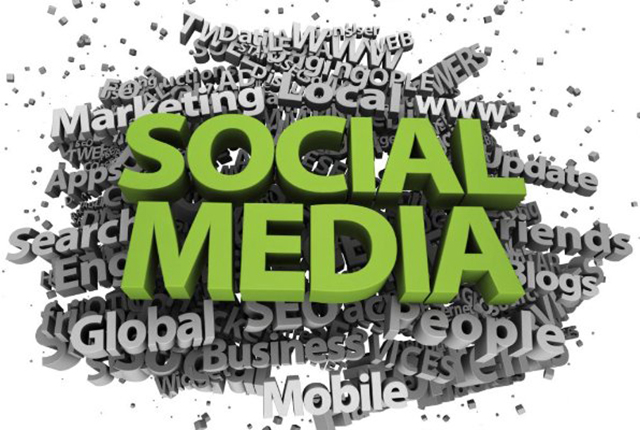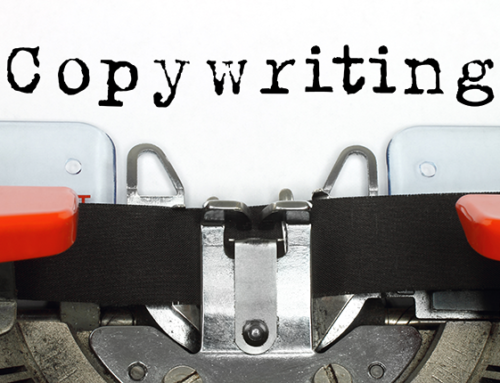As the pace of change in the world of social media grows exponentially, Australian law has struggled to stay across new issues. The responsibility of businesses for what they do and say online can be difficult to determine.
But a number of Australian cases provide guidance for when businesses are liable for things that happen online – and it’s probably more often than you think.
The cases
In 2012, the Australian Advertising Standards Bureau (ASB) fielded complaints made against the Victoria Bitter beer brand, centered around activity on VB’s social media.
Though the VB brand itself did not post particularly contentious content on its Facebook page, those who liked the page were found to be posting racist, sexist, and homophobic comments.
The ASB found that all activity on the VB Facebook page constituted a “marketing or advertising communication.” This included comments from posters to the page. The end result was VB being held liable for content they themselves had not posted or endorsed.
And in 2014, a landmark decision by the District Court of New South Wales demonstrated individuals could be liable for defamation on social media platform Twitter.
Teacher Christine Mickle was awarded over $100,000 in damages after the court found she had been defamed by Andrew Farley, a former student of the school she taught at.
Of particular weight for the judge in the Mickle case was the grapevine effect of social media – the way information spread along networks – and the implications this had for social media.
What it means for you
The VB case shows that businesses need to be conscious of everything that’s being said about and to them on social media, not just the content coming from their brand. This is a significant decision because it increases the burden on businesses to monitor social media conversations continually.
It’s unclear how long businesses will have to remove offensive material from their pages, though the ACCC has issued comments stating big businesses would be expected to moderate offensive content within 24 hours. It has also said smaller businesses would have more leeway but still be expected to remove contravening material.
Though the Twitter case is between private individuals, it still serves as a warning to businesses – given the trends of the courts in recent years, it is likely they will be held responsible for defamatory or misleading content posted online. There’s no reason the underlying principles of the Mickle case could not apply to businesses rather than individuals.
Best practice for your business
What should your business do to ensure you don’t run afoul of the law? There’s a number of steps that can be taken.
- Be familiar with the laws, codes, and guidelines both within Australia and on each of the social media networks your business uses.
- Display “rules” for your social media pages. On Facebook, you’re able to post guidelines about what should and shouldn’t be posted on the page in the About tab.
- Actively monitor your content, and moderate content that contravenes house rules, social media policies, or the law.
- Facebook has inbuilt blocking for some profanity – utilise these features.
- Hide comments that could be on the borderline between offensive and acceptable while you make a decision to ensure they’re not visible to the public. When in doubt, it’s likely better to delete a post that’s on the fence.
- Decide on a time frame within which comments will be moderated, document it, and stick to it.
- Use common sense. Social media is a communication tool like any other – yet often businesses use it in a way they wouldn’t ever use email marketing or a traditional direct mail. Don’t be one of them.
There’s also a range of social media monitoring tools available which can help you stay on top of what’s being said about and to you online.


